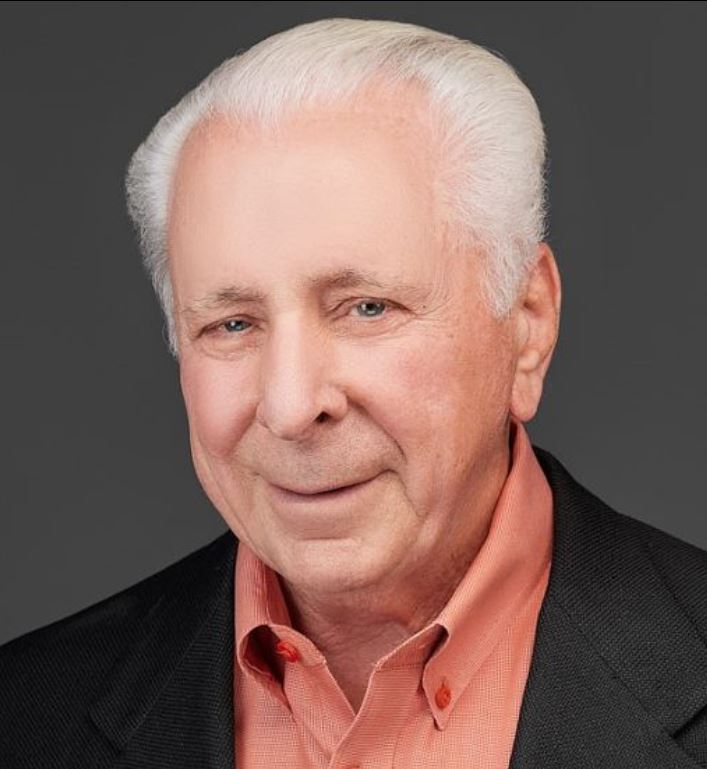https://www.cfact.org/2023/06/18/californias-emissions-regulatory-death-spiral/
By Ronald Stein
I just got back from a 2-hour lunch with one of the guys who serves on working groups and committees of the California Air Resources Board (CARB) and the South Coast Air Quality Management District (SCAQMD), and he shared his frustrations working with these agencies.
The frustration stems from the devastating impact that an enormously complex system of rules and regulations involving federal, state, and regional agencies is having on individual businesses and entire industries in California and the rest of the United States.
No one can argue that a certain degree of regulation of business practices is necessary to protect employees, the public, and the environment from the negative impacts of their operations. But over time, the federal, state, and local regulations have not only increased in number, complexity, and cost but have gotten so oppressively burdensome that it has become economically infeasible to produce certain products anywhere else except outside the United States.
Ironically, this outsourcing of our once-proud domestic manufacturing capability has bolstered the economies of our allies as well as our enemies.
Here in California, for example, bureaucratic agencies like CARB and the SCAQMD will follow federal law and enact even more California laws in the form of additional rules and regulations, which means they are doing everything possible to shut down all the emissions from the oil industry inclusive of oil production and manufacturing, i.e., refineries.
While the bureaucracies within CARB, SCAQMD, and other air districts, feel secure in developing and enforcing an endless stream of regulations, none of them has a replacement for the fossil fuels they are actively ridding the state of, nor do they have any concern about the unintended consequences on ALL of humanity, as they slowly achieve the elimination of the oil industry from California and inflict restrictions to the supply chain of products that are the basis of our economy.
Without a replacement for the fossil fuels that California wishes to rid the state of, the domino effects from tinkering with the supply chain of crude oil, is supply shortages and soaring prices for thousands of products that support the DEMANDS of the entire medical industry, all branches of the military, airports, electronics, communications, merchant ships, container ships, and cruise liners, as well as asphalt for roads, and fertilizers to help feed the world. Product shortages are fueling (no pun intended) inflation as it imposes serious damage on the energy and raw materials infrastructures.
The law of supply and demand guarantees further inflation and shortages in perpetuity as fewer refineries will be available to manufacture crude oil into the derivatives that account for more than 6,000 products for society, as well as manufacturing the fuels for 50,000 jets moving people and products, and more than 50,000 merchant ships for global trade flows, and the military and space programs.
In the last few years, California has shuttered two refineries (Phillips 66 at Rodeo and Marathon at Martinez), both in Northern California, that once manufactured many fuels and oil derivatives used to make thousands of products for humanity, are now only focusing on manufacturing renewable diesel fuel.
Today, the Bay Area AQMD (BAAQMD) in Northern California has its regulatory sights set on the refineries at Chevron Richmond and PBF Martinez (the old Shell site). If the courts uphold the recent BAAQMD rule 6-5 for a further reduction in particulate emissions, both the Chevron Refinery at Richmond and the PBF Refinery at Martinez have stated that they will shut down before spending one billion dollars at each site to retrofit their refineries to comply with further particulate emission reductions to 2.5 microns or less.
With the potential loss of two more California refineries in the coming years, Northern California’s gasoline and jet fuel demands will be imported from China and India to supply military bases and the major international airports in San Francisco, Oakland, San Jose, and Sacramento, along with many oil derivatives that shuttered California refineries will no longer be manufacturing.
While the folks at CARB, SCAQMD, and the other air districts continue to do their job according to the regulations they have in hand, they are only tinkering with the emissions reductions that are needed to achieve our emissions attainment goals and the reductions in fossil fuels from the supply chain. In contrast, demand for fossil fuel oil derivatives and fuels continues to increase worldwide.
Because the emissions from manufacturing operations and the production and use of fossil fuels don’t recognize community or international boundaries, those who live in underserved communities or developing countries will derive little, if any, benefit from this massive trove of government regulations.
While some advocate wind turbines and solar panels can provide renewable electricity to transition away from fossil fuels, it’s important to acknowledge their limitations. Two of the key drawbacks are their inability to generate continuous electricity and, most importantly, their inability to manufacture any goods to meet the demand for products for the growing population around the world.
With California being the 4th largest economy in the world, California may have regulated itself into an emission reduction death spiral. The few in the underprivileged communities of California will benefit from a reduction in emissions in their backyards, while the other 40 million residents of the state and others around the world pick up the expense associated with the impact of the reductions to the supply chain of products and fuels now being manufactured from oil, that are supporting the 8 billion on this planet.
Author
 Ronald Stein
Ronald Stein
Ronald Stein is an engineer, senior policy advisor on energy literacy for CFACT, and co-author of the Pulitzer Prize nominated book “Clean Energy Exploitations.”



